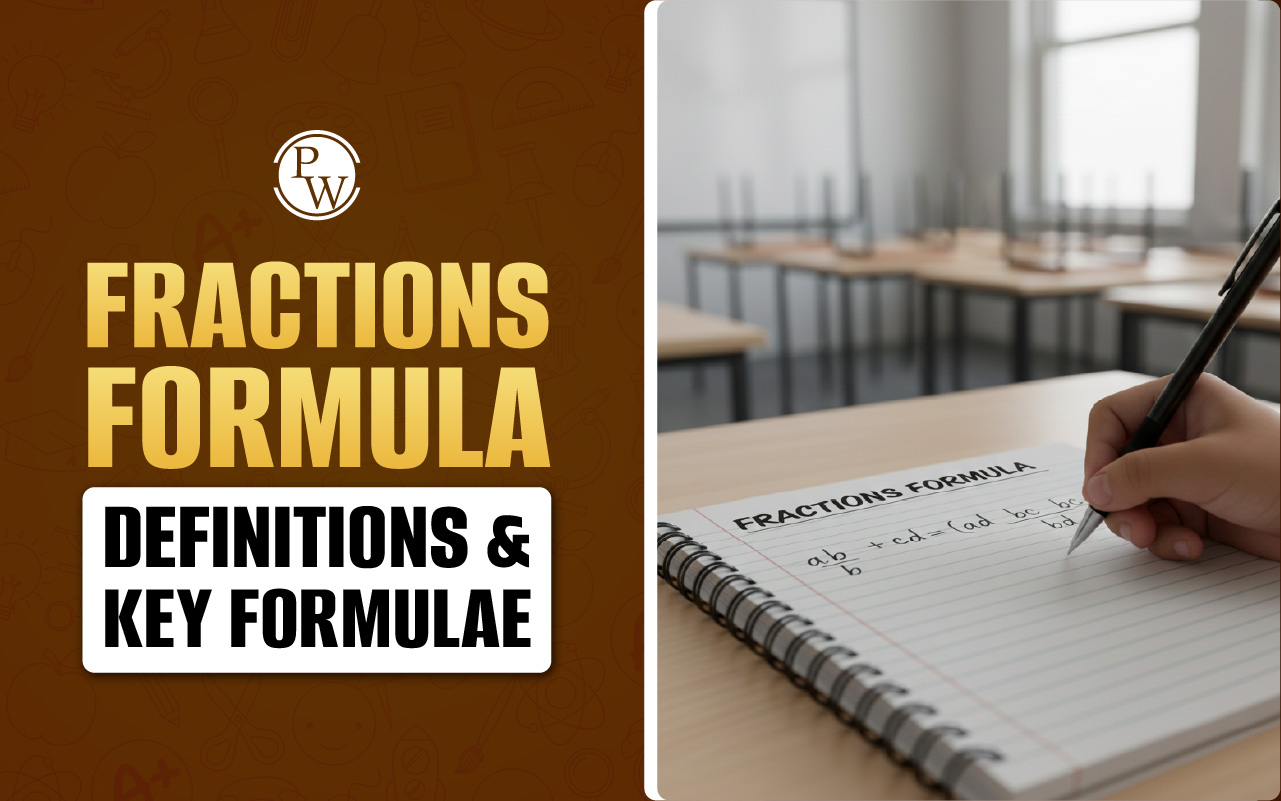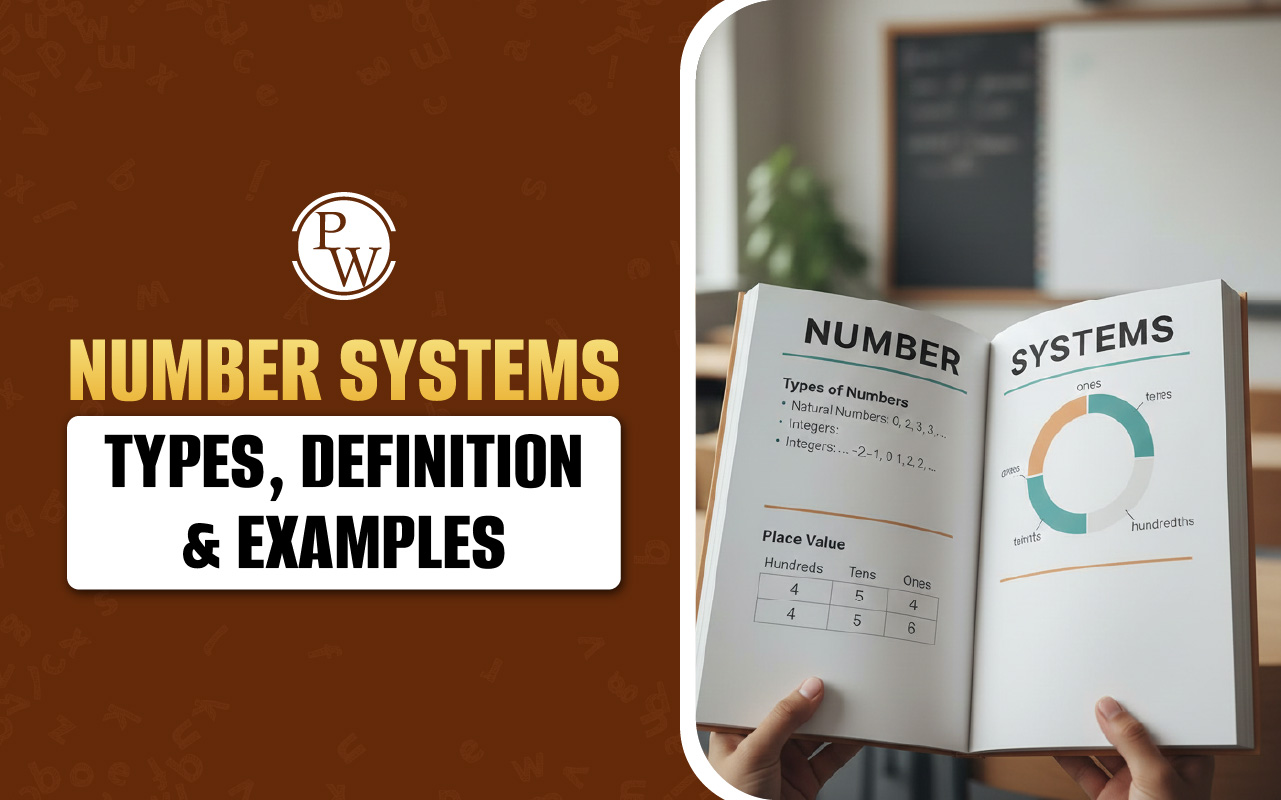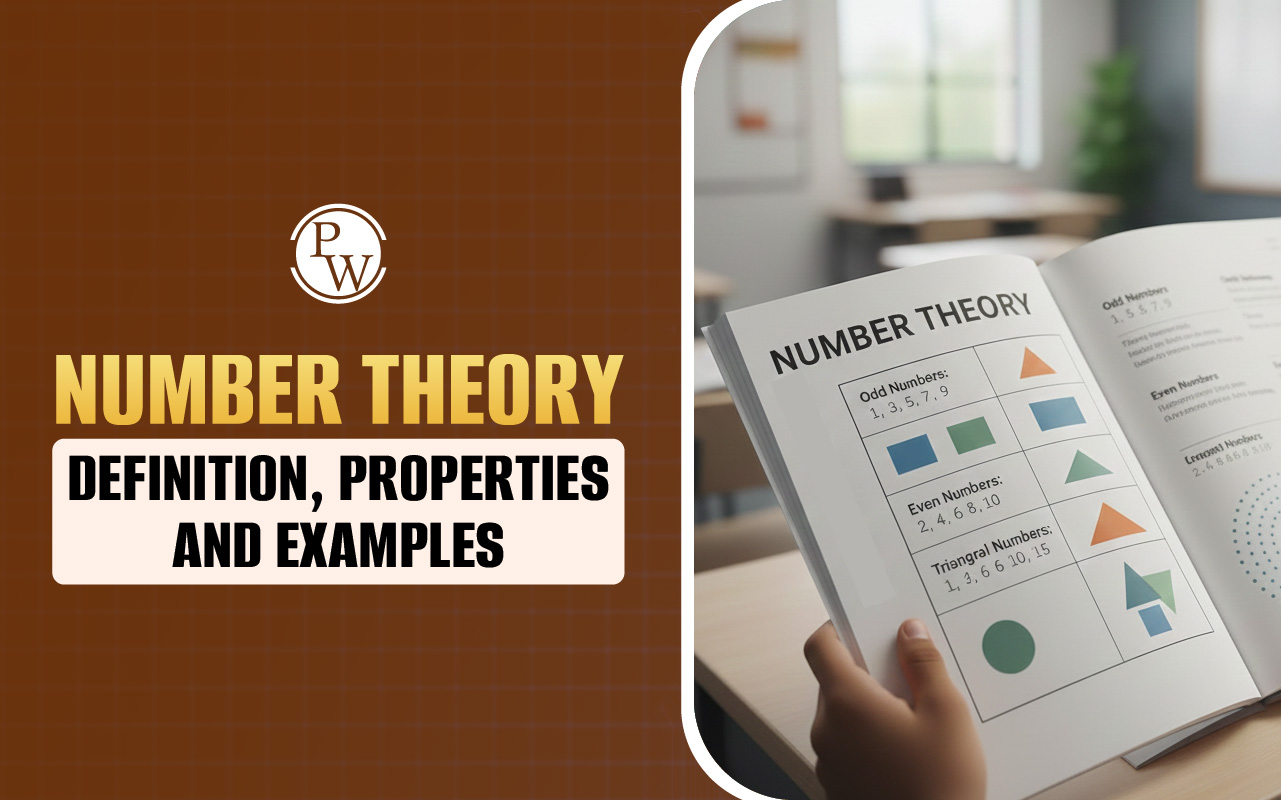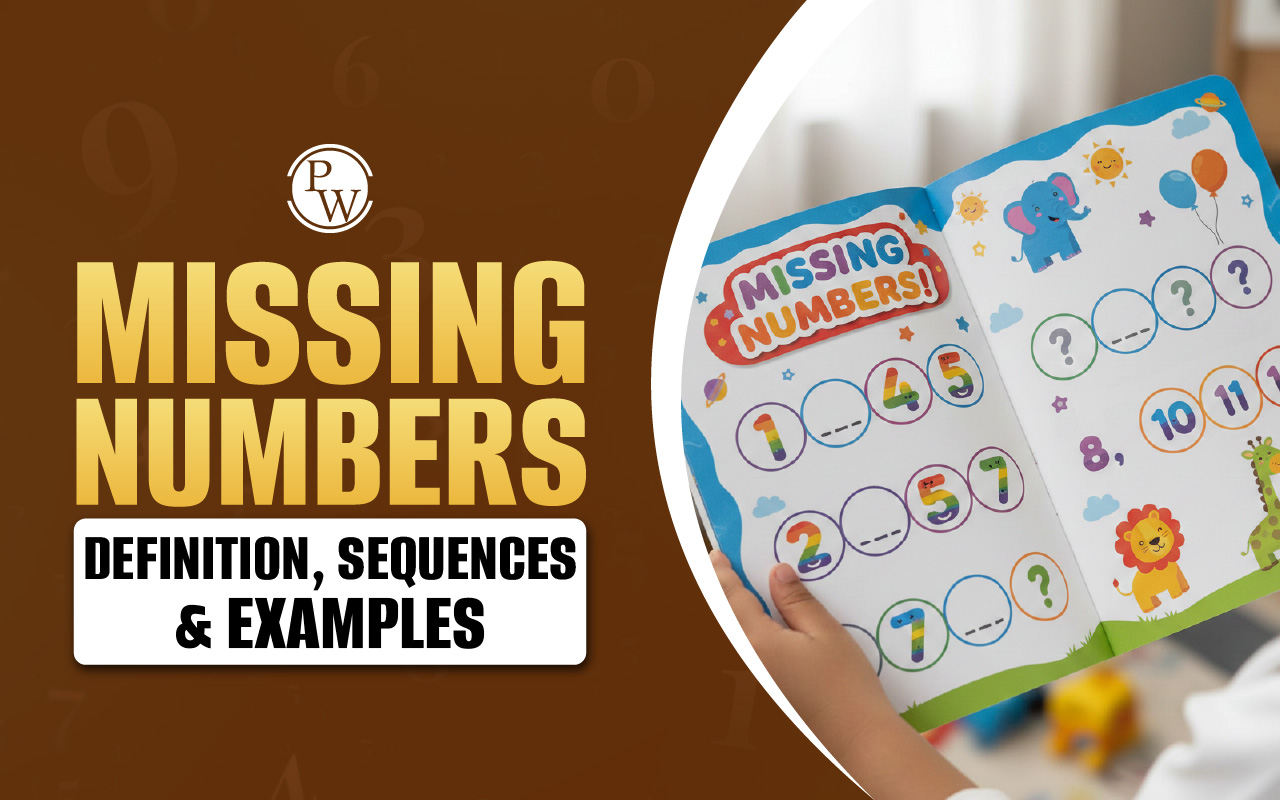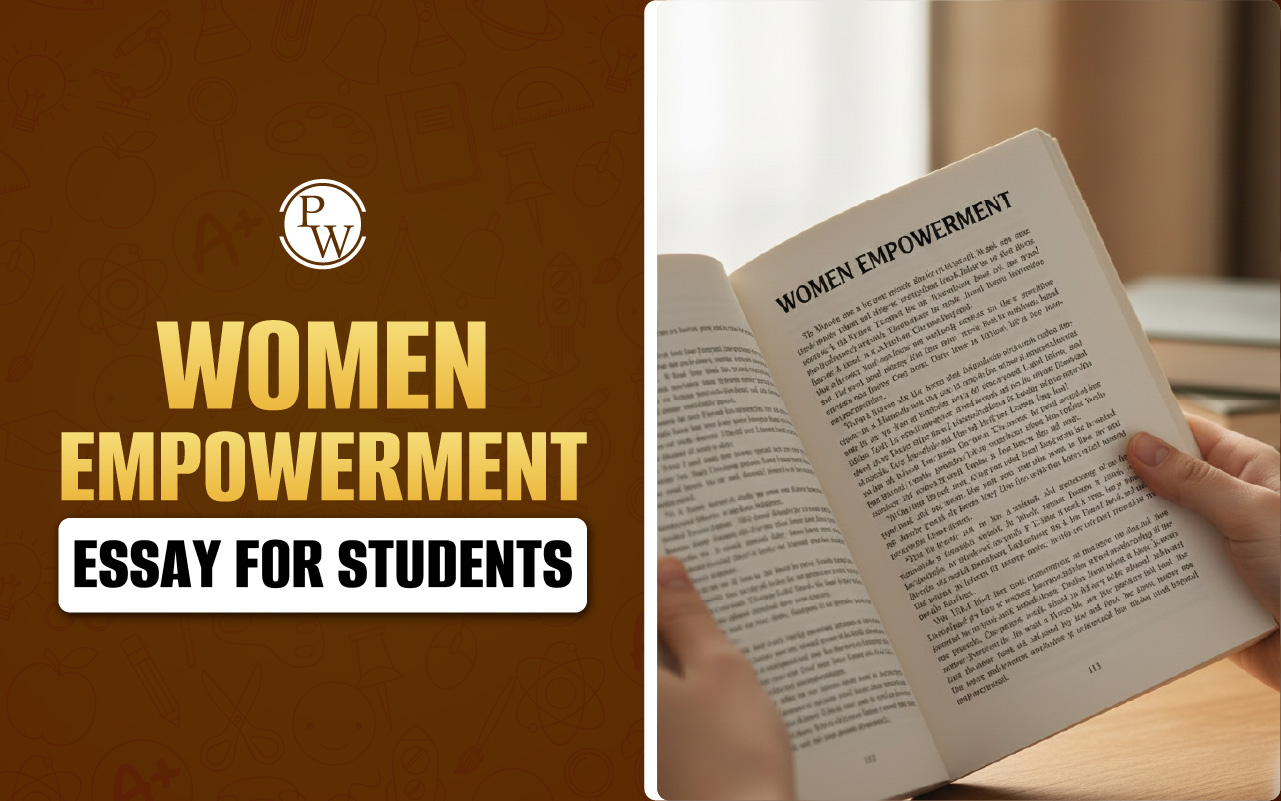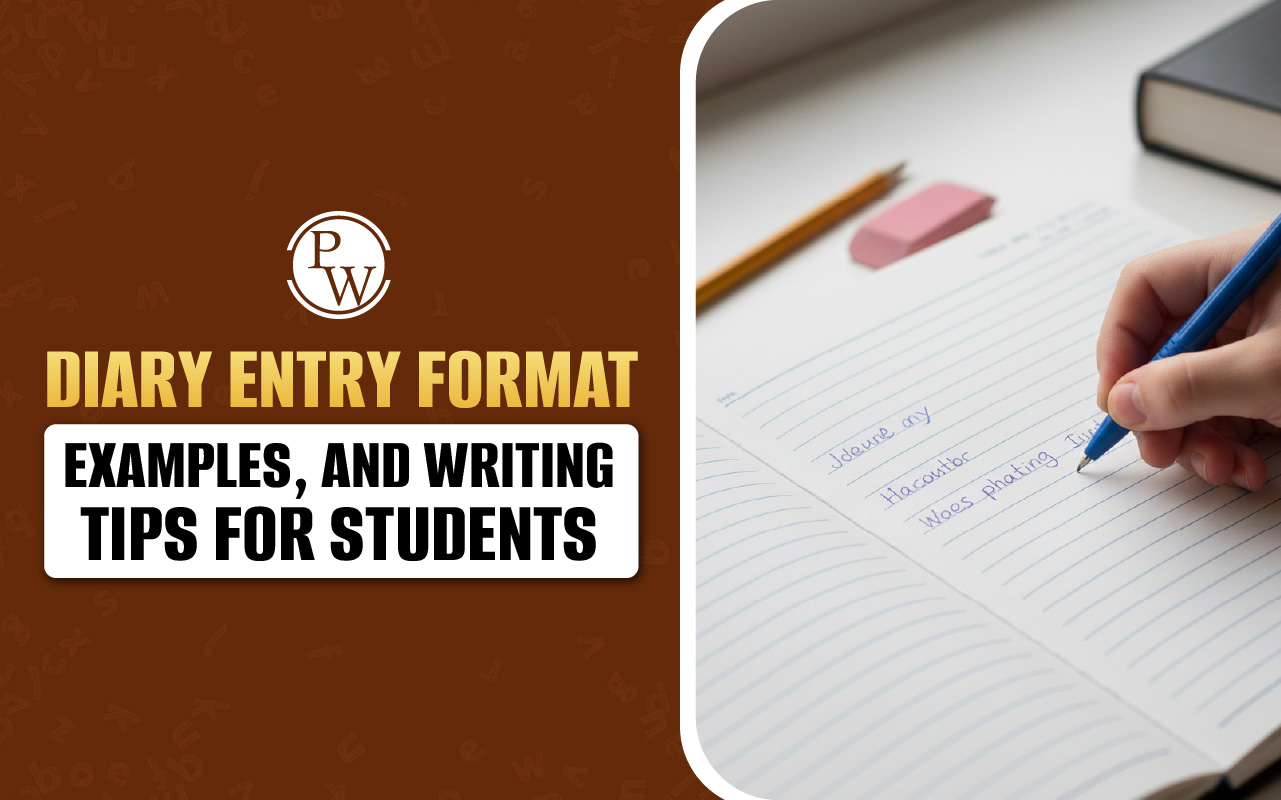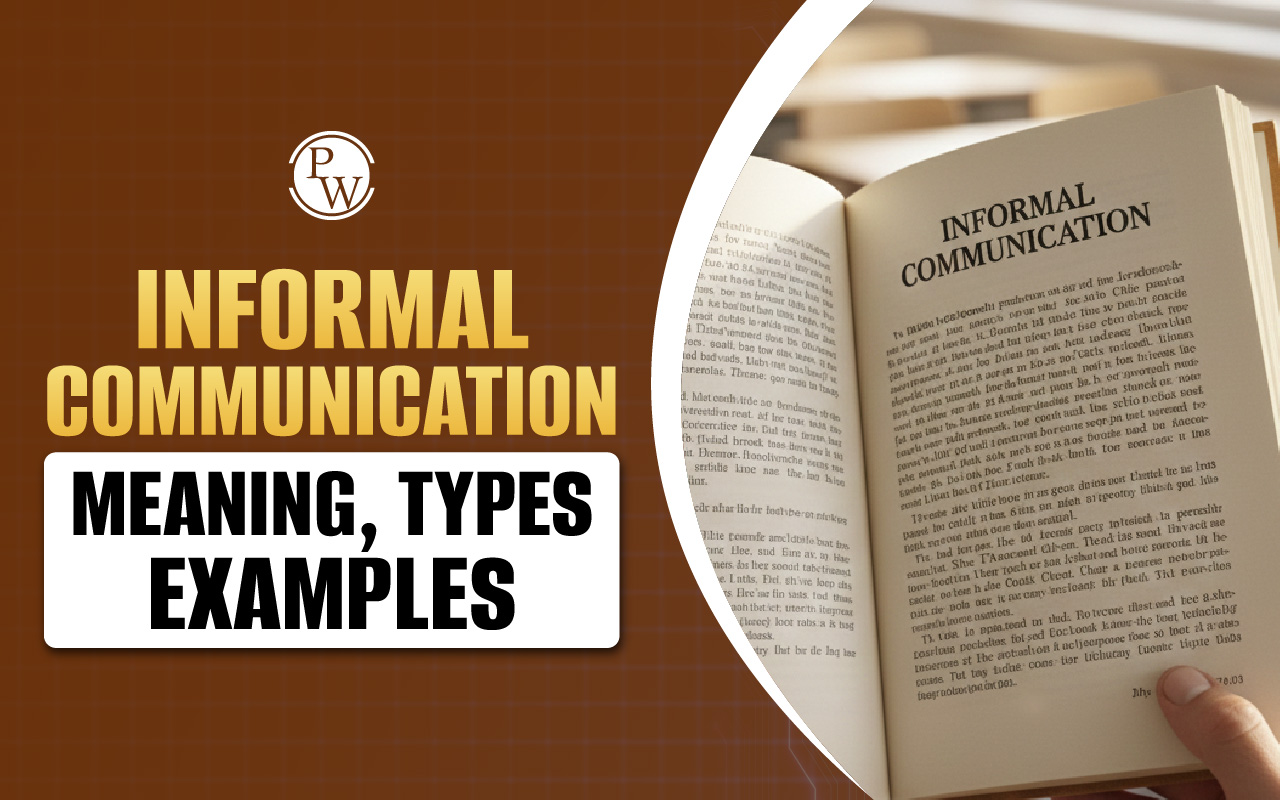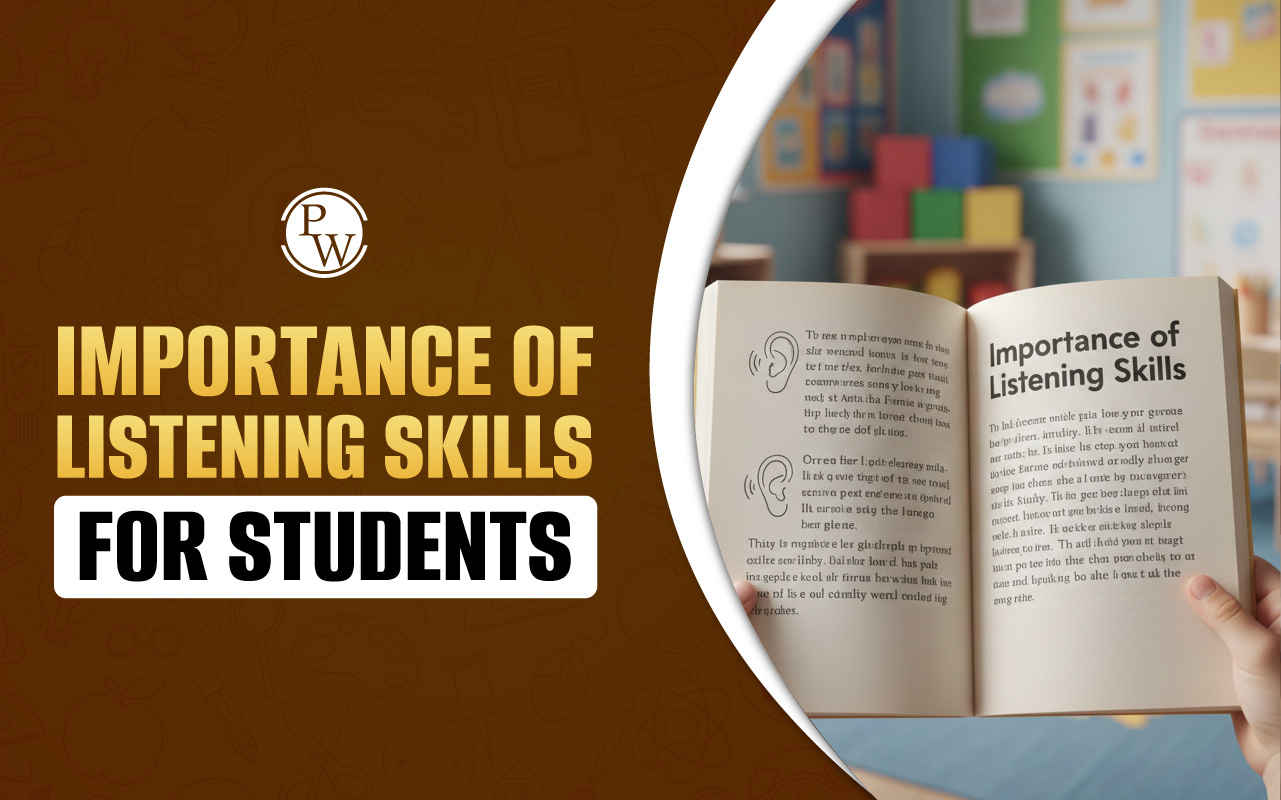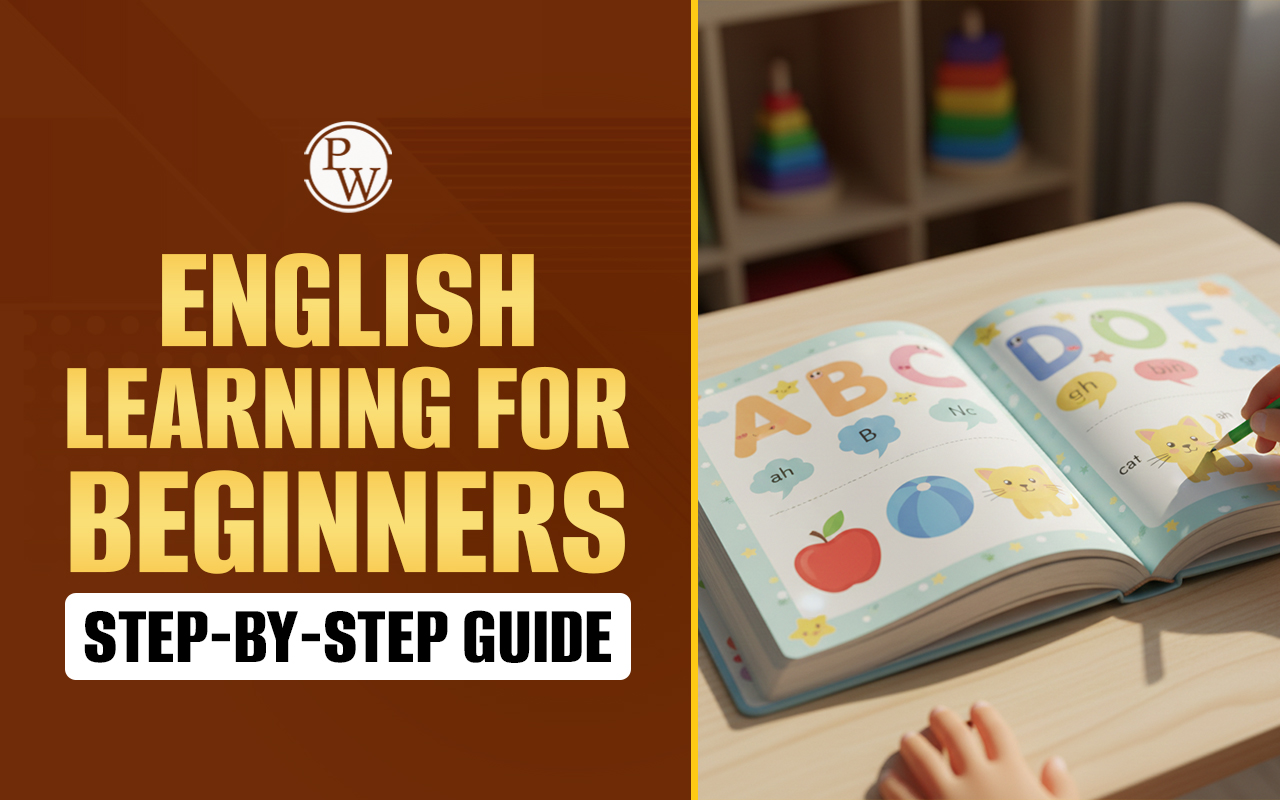
NCERT Solutions for Class 4 EVS Chapter 20 Eating Together: Chapter 20 Eating Together from the Class 4 EVS textbook explain the significance of communal eating and its role in building relationships and fostering a sense of community. The chapter discusses how eating together brings people closer, encourages sharing and helps in understanding different cultures and traditions.
It highlights various customs and practices associated with communal meals across different regions, emphasizing the joy and unity that come from sharing food. The chapter also covers the importance of eating together in promoting healthy eating habits and mutual respect. By presenting engaging stories and examples the chapter aims to instill values of togetherness and appreciation for diverse eating practices among young learners.NCERT Solutions for Class 4 EVS Chapter 20 Eating Together Overview
NCERT Solutions for Class 4 EVS Chapter 20 Eating Together are prepared by the subject experts of Physics Wallah. This chapter emphasizes the importance of communal eating in fostering social bonds and understanding cultural diversity. The solutions provide clear and detailed explanations of the key concepts, including the role of shared meals in building relationships and the traditions associated with communal dining.Related links-
NCERT Solutions for Class 4 EVS Chapter 20 Eating Together PDF
You can access the NCERT Solutions for Class 4 EVS Chapter 20 Eating Together in PDF format using the link provided below. This PDF is prepared by subject experts of Physics Wallah provide detailed explanations and answers to all the questions in the chapter, helping students better understand the importance of meals and cultural practices related to eating together.NCERT Solutions for Class 4 EVS Chapter 20 PDF
NCERT Solutions for Class 4 EVS Chapter 20 Eating Together
Here, we have provided NCERT Solutions for Class 4 EVS Chapter 20 Eating Together to help students prepare more effectively for their exams.NCERT Solutions for Class 4 EVS Chapter 20 Eating Together Page No. 167
Write in your notebook
1. Do you like to eat with others?
Answer:
Yes, I enjoy eating with others. Sharing meals with friends or family makes the experience more enjoyable and creates a sense of connection and community.2. On what occasions do you eat together with your friends?
Answer:
I eat together with my friends during functions, festivals, and lunch breaks at school. These occasions provide a great opportunity to bond and enjoy each other's company while sharing a meal.3. Have you ever had a party in your class? When? What all did you do to arrange a party?
Answer:
Yes, we had several parties in our class, including one on Republic Day. For the event, we organized a cook, gathered ingredients for the food, arranged vehicles for transportation, prepared invitation cards, and set up sparkle lights to decorate the venue.4. What did you and your classmates bring to the party?
Answer:
We balloons, brought flags, sparkle powder, and other decorations to the party.5. What all did you eat?
Answer:
We started with snacks like pastries and cakes, and then enjoyed a hearty lunch. For lunch, we had dal, pulao, sabzi, puri, and sweets.6. Who were the people you invited to your party?
Answer:
We invited the families of all the teachers and the parents of the students to the party.7. Were there some people who work in your school whom you could not invite? Who were these people?
Answer:
No, all the people who work in my school were invited to the party.8. Did you wear any special dress for the party?
Answer:
Yes, we wore party dresses for the function.NCERT Solutions for Class 4 EVS Chapter 20 Eating Together Page No. 168
9. What are the things that you can do to make the party greater fun for everyone? Discuss.
Answer:
To make the party more enjoyable for everyone, we can organize a variety of activities such as playing music, dancing, and serving delicious food. For special occasions like Republic Day, we could enhance the experience by singing patriotic songs to honor the martyrs and include a stage play to engage and entertain the guests.NCERT Solutions for Class 4 EVS Chapter 20 Eating Together Page No. 168
Celebrating Bihu
1. Where is the festival of Bihu celebrated?
Answer:
Bihu is celebrated in Assam.2. Which are the festivals that you celebrate together with other families?
Answer:
Dussehra, Deepawali, Holi, and Eid etc., are some of the festivals we celebrate together with other families.3. Does everyone cook and eat together at such festivals? What are some of the special dishes that are cooked? How are they cooked?
Answer:
Not everyone cooks and eats together, but most people do celebrate festivals together. For Holi, special dishes include Gujhia, Pua, Dahi Bhalla, and mutton. During Eid, Biriyani and Sewai are prepared. Pua is made by frying maida in oil, while Sewai is cooked by boiling it in sugar and milk.4. Are some special vessels used for cooking these items? What are they?
Answer:
A special vessel, such as a kadhai made of iron, is used for cooking dishes like Pua. On the other hand, Sewai is typically cooked in pans.5. Which is the biggest vessel that is used? Can you draw a picture of it? Can you guess how many people can eat the food that is cooked in it at one time?
Answer:
A big kadhai is the largest vessel used for preparing vegetables, and it can accommodate enough food to serve more than 100 people at one time.
NCERT Solutions for Class 4 EVS Chapter 20 Eating Together Page No. 170
Find out and do
1. Can you guess how many people must have eaten together in the village feast?
Answer:
More than 1200 people must have eaten together in the village feast.2. Have you ever seen the Bihu dance? Did you like it?
Answer:
The Bihu dance is known for its vibrant and energetic movements, reflecting the joy and cultural heritage of Assam. It is wonderful that you enjoyed it.3. Find out from the students in your class the festivals that they celebrate and the special food that they eat on these days. Who cooks the special food for festivals?
Answer:
The list of festivals celebrated by the students in our class is as follows:
4. Do you wear clothes of some special colours on some festivals? Make a picture of these clothes in your notebook.
Answer:
Yes, we wear clothes of special colors for certain festivals. For example:- Diwali : Bright colors like red, gold, and orange.
- Holi : Vibrant and multi-colored outfits.
- Eid : Traditional attire in colors like white or pastel shades.
- Christmas : Festive colors like red, green, and gold.
- Pongal : Traditional South Indian attire, often in bright and cheerful colors.
5. Are there special songs that are sung at different festivals in your place? Learn some of these songs and sing them in the class.
Answer:
Should be done by the students.NCERT Solutions for Class 4 EVS Chapter 20 Eating Together Page No. 171
6. Learn some special festival dances. Perform these with your friends in your school assembly.
Answer:
Should be done by the students.7. When you meet friends of your own age, do you do anything special – like play a game, chat or watch a movie? What else do you do?
Answer:
Yes, whenever I meet friends of my own age, we play games, chat, and have a great time together. It's always enjoyable to share activities and make memories with friends.NCERT Solutions for Class 4 EVS Chapter 20 Eating Together Page No. 172
Find out and write in your notebook
1. Write about the food given in your school. If you do not get food in school, ask a friend or someone else who gets food in school.
Answer:
Should be done by the students.(a) What time is the meal served?
Answer:
The meal is served during the lunch hour at 1:00 p.m.(b) What do you get in the meal at school?
Answer:
I get bread, vegetable, dal and rice and boiled egg in the meal at school. We get different types of food daily.(c) Do you like the mid-day meal that you get?
Answer:
Yes, I like the mid-day meal that we get. It’s always tasty and gives me the energy I need for the rest of the day.(d) Is the food that you get enough for you?
Answer:
NCERT Solutions for Class 4 EVS Chapter 20 Eating Together Page No. 173
(e) Do you bring your own plate, or do you get it in school?
Answer:
We bring our own plates to school every day.(f) Who serves the food?
Answer:
The food is served by the school staff or peon.(g) Do your teachers eat with you?
Answer:
Yes, our teachers eat with us.(h) Is the week’s menu put up on the school board?
Answer:
Yes, the week’s menu is put up on the school board.(i) What will you get on Wednesday and Friday?
Answer:
On Wednesday, we get dal, boiled egg, and rice. On Friday, we get roti, dal, and vegetables.(j) If you got a chance to change the menu for the meal in your school, what would you like to change? What would you like to eat? Make your own menu.

Answer:
I would like to change the menu as follows:
2. If you do not get food in the school, find out why?
Answer:
Food was not served in our school on one occasion because the cook was sick.
3. Where will you lodge your complaint about the mid-day meal?
Answer:
The Government has launched the portals "mygov.in" and "pg.portal.gov.in" for citizens to submit online complaints and suggestions.4. Find out the toll-free phone number, website and e-mail address to make a complaint.
Answer:
Benefits of NCERT Solutions for Class 4 EVS Chapter 20 Eating Together
- Concept Clarity : NCERT Solutions provide clear and concise explanations of the chapter's concepts, helping students understand the importance of communal eating and cultural practices related to food.
- Structured Learning : The solutions are organized according to the chapter's structure, making it easy for students to follow and retain information.
- Practice Questions : Students get access to a variety of practice questions that enhance their comprehension and ability to apply what they've learned in real-life contexts.
- Enhanced Engagement : By using these solutions students can engage more deeply with the chapter’s content, encouraging active learning and participation in class discussions.
NCERT Solutions for Class 4 EVS Chapter 20 FAQs
What is the main theme of the chapter "Eating Together"?
Why is communal eating important?
How does the chapter describe different food practices?
What role do family and friends play in communal eating?


